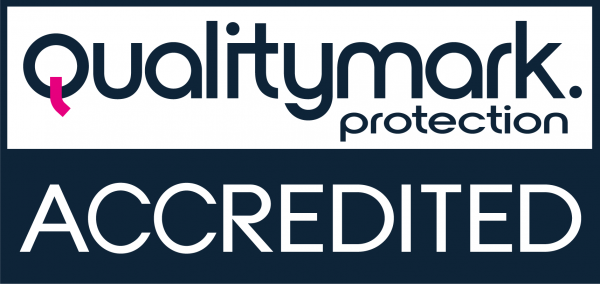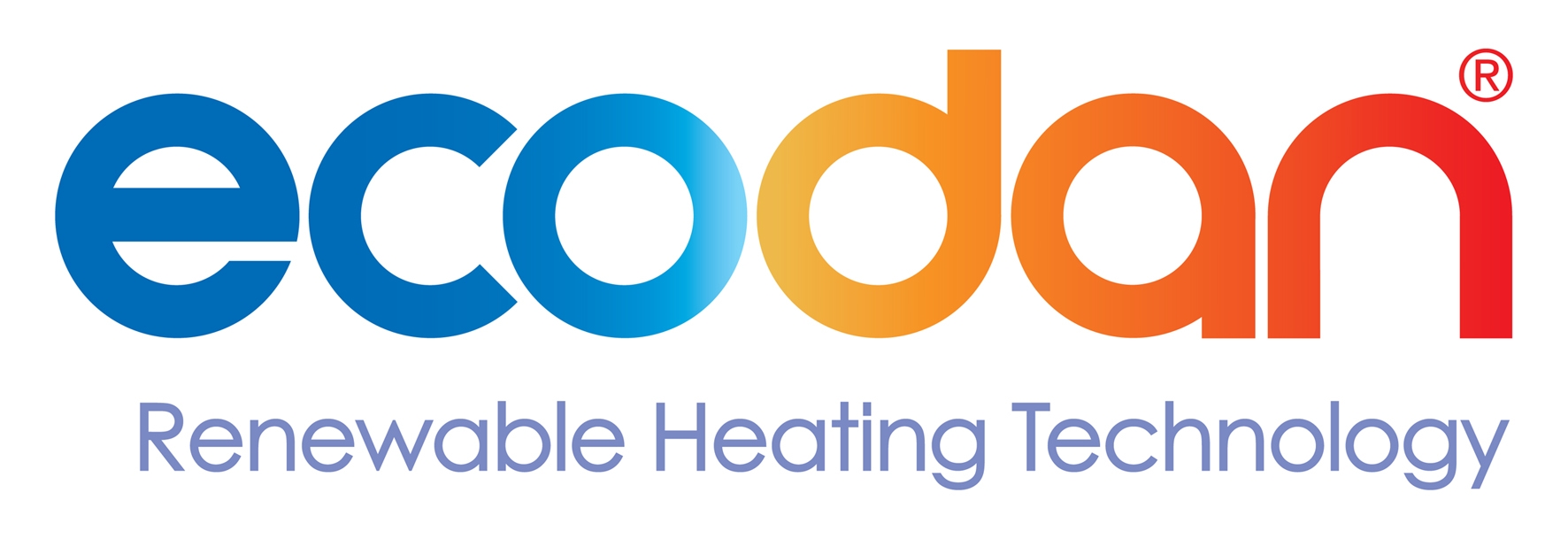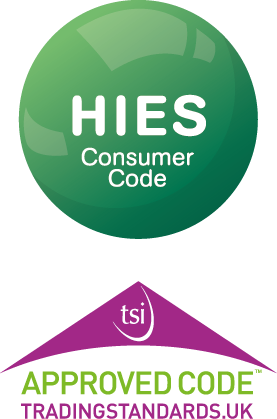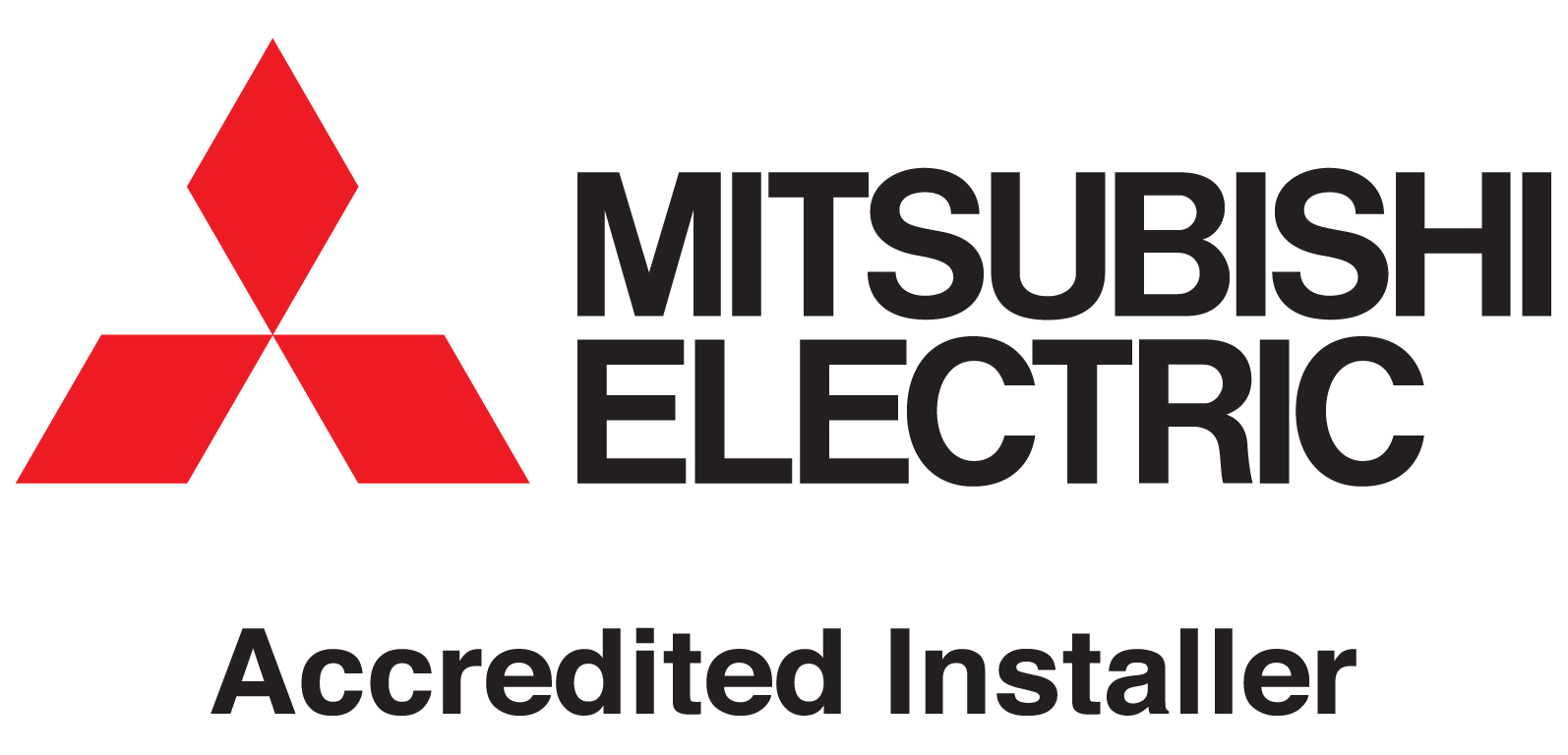Improving Environmental Health
GOS is 50 this year! From being just a local business in Preston, we have gained a professional and honest reputation throughout Lancashire for our plumbing, heating, and electrical services. To celebrate, we wanted to share 50 ways to be greener and look after environmental health so that together, we can make a positive impact.
- GOS believe in quality – that’s why our number one tip is to invest in high quality products. Products that are cheap and seem too good to be true probably are. They are likely to break easily which means more rubbish and pollution for the planet.
- If there is one thing we should all be doing, it’s to stop using plastic bags when we go shopping – opt for a tote bag instead!
- Use energy efficient light bulbs – A change in the type in light bulbs you use can make all the difference – a typical bulb uses 60 to 100 watts an hour, however, an efficient bulb only uses 8 – 11 watts. Although slightly more expensive, these bulbs have a longer life and don’t only help the environment but save on electric costs too.
- Remember to unplug your electronic devices when you’re not using them or they are fully charged.
- Recycle glass – glass can take up to a one million years to decompose so make sure to recycle.
- Hang out clothes to dry instead of using the tumble dryer.
- Turn off the lights when you’re not in the room.
- Swap your bath for a shower – baths use double the water.
- Speaking of showers, try to reduce your shower time. Two minutes less in the shower saves around ten gallons of water!
- Recycle batteries – many supermarkets have specialist recycling bins.
- If possible, take public transport instead of driving.
- Go paperless – sign up for digital bank statements instead of paper.
- Buy bamboo products instead of woods such as timber – bamboo is the fastest growing plant in the world.
- Turn down the heat – invest in a cosy blanket instead!
- Buy organic cotton bedding as non organic cotton linens make up for 25% of the world’s insecticide use.
- Don’t leave the water running when brushing your teeth.
- Setting up a bonfire or making use of the fireplace? Burn logs made with materials such as recycled sawdust as they release 80% less emissions.
- Use reusable coffee cups instead of paper.
- Reusable containers are also a must instead of plastic food bags.
- So are water bottles.
- Buy fruit and vegetables from your local market so that you only buy exactly what you need and buy without plastic packaging.
- Use cloths not paper towels when cleaning.
- Buy eco-friendly clothing – fast fashion contributes to a large amount of landfill.
- Locally produced food produces less waste.
- Use a dishwasher if possible – dishwashers will use less water than hand washing the dishes.
- Many places have now banned plastic straws, so consider whether you need to use straws or not at home.
- Grow your own fruit, vegetables, and herbs.
- Reduce food waste – buy only what you need, and compost leftovers.
- Go low flow – opt for a low flow shower to conserve water and reduce energy usage.
- Clean the back of your fridge – unclean coils can increase energy consumption by 30%.
- Buy digital tickets instead of paper.
- Opt for natural paint – most paint is made from petrochemicals, and its manufacturing process can create toxic waste. Natural paint is made using plant oils – most are even biodegradable.
- Buy eggs in cardboard containers, not plastic.
- Try and utilise renewable energy wherever possible.
- Print double sided.
- Upgrade your appliances – older appliances usually use 70-90% more power than new models.
- A bee only produces a teaspoon of honey in its lifetime. Most mass-produced honey in the supermarkets is made by artificially inseminating bees to produce more honey. Buy locally produced honey whose practices are ethical.
- Eat at restaurants that use locally made ingredients.
- Install solar panels.
- Recycle old clothes, refashion, or give away to thrift shops.
- Buy natural products instead of chemical products which harm environmental health – toiletries and washing products are a good place to start!
- Stop using cling film and foil.
- Cut down on paper – tech means that we don’t need to overuse paper.
- Make do and mend – clothes that have slight rips probably only take a few minutes to repair.
- Use Ecoballs – they are a natural and eco-friendly way to clean your clothes. The lack of chemicals make them even better if you have sensitive skin!
- Zonal heating – heat up the room that you are in instead of the entire house.
- Upcycle furniture to make something new instead of throwing things away.
- Use a microwave where possible as they use less energy than an oven.
- Repair leaks as leaks waste water.
- Recycle printer cartridges at the supermarket.
That’s just 50 ways we can improve our habits and create better environmental health. In this day and age, there are no excuses to not be greener. From something as simple as recycling to avoiding the fast fashion retailers on the high street, at GOS, we look forward to a year of taking extra care to protect the planet during our day to day activities. We’d love to hear from you. What top tips do you have for living a greener lifestyle?























